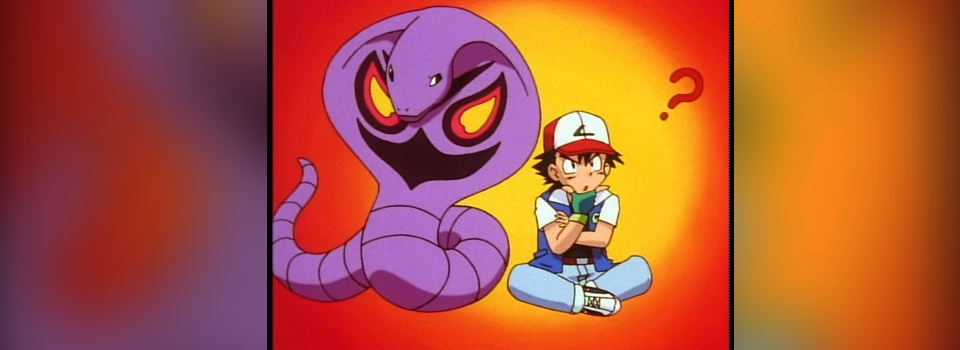Pokémon is a staple franchise to many folks. It’s been around for decades and established itself as many folks’ favorite. But it might even be more than that. A recent study claims that people who played the Pokémon games actually have a small portion of their brain dedicated to the pocket monsters.
The study appeared as a paper in Nature Human Behavior. It featured research by Jesse Gomez, a postdoc at the University of California, Berkeley.
“This is quite remarkable, and it’s still an open mystery in neuroscience why these regions appear exactly where they do in the brain.”
Jesse Gomez
Gomez explained that the process of measuring the effects from visual stimulus can take hour and hours of lab practice. And it required the right developmental window for subjects.
“I realized that the 1990s had already done it for me. I grew up playing Pokémon. The game rewards kids for individuating between hundreds of similar-looking Pokémon.”
Jesse Gomez
So he created a hypothesis that Pokémon did exactly this. Supervisors were skeptical at first. But they grew more confident when they realized that the digital screen of the Game Boy provided a consistant and uniform visual experience to the “subject.”
Gomez gathered 11 veteran Pokémon players, and 11 people that had never played the game. Each subject was put under an fMRI while being shown images of various animals, faces, cartoons, words, and Pokémon.
The analyzed data revealed that those who had never played Pokémon had actually formed a new region in their brain that was dedicated to recognizing Pokémon, and it happened to form in the same location as those who had played Pokémon growing up.
“These findings suggest that our brain is capable of developing more specialized brain regions for recognizing objects than we previously thought. So we’re likely not limited by our brain, but instead by how much we can experience in childhood.”
Jesse Gomez
Gomez addresses the parental fear that playing Pokémon will affect a child’s brain. He explains that while this is found to be true, that this happens with all of the experiences that people have in their lives, regardless of content.
I propose we call this section of the brain the “Masuda Cortex.”

